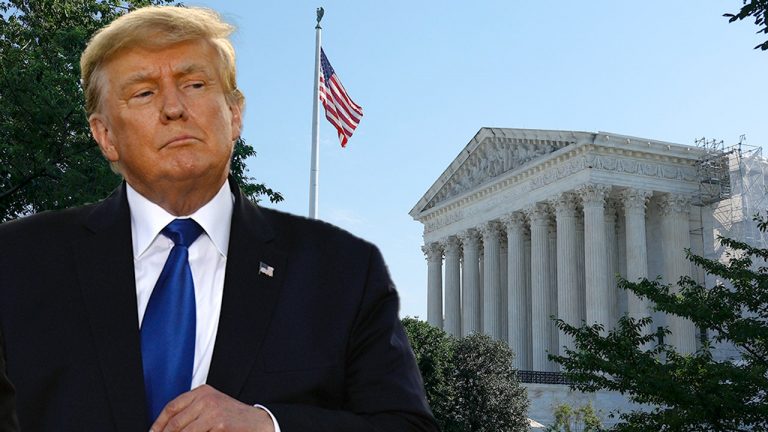Democrats face tough odds passing Biden’s plan to change Supreme Court
President Biden recently unveiled a three-part proposal aimed at revolutionizing the Supreme Court, which has sparked significant controversy and debate. Biden’s plan includes the introduction of a constitutional amendment, term limits for Supreme Court justices, and the implementation of an enforceable ethics code. While these proposals are ambitious, their fate remains uncertain given the current political landscape in Congress and state legislatures.
In light of recent conservative-leaning Supreme Court rulings that have raised concerns among Democrats, President Biden’s proposal seeks to address key issues within the highest court of the land. One of the most significant aspects of his plan is the advocacy for a constitutional amendment that would negate the ruling granting former presidents immunity from federal prosecution for their official actions while in office.
To amend the Constitution, a proposal must be supported by two-thirds of both chambers of Congress and ratified by three-fourths of state legislatures or state conventions. Given the deeply divided nature of the current political climate, the successful passage of such an amendment appears to be an uphill battle that may face substantial opposition.
Additionally, President Biden’s proposal includes advocating for term limits for Supreme Court justices, following in the footsteps of the 22nd amendment that established term limits for American presidents in 1951. However, the likelihood of successfully implementing term limits for justices remains uncertain, given the complicated and stringent process required to amend the Constitution.
Furthermore, President Biden has called for the enactment of an enforceable ethics code that would govern the actions of Supreme Court justices, mandating transparency in gift disclosures, prohibiting public political activity, and requiring recusal from cases with potential conflicts of interest. While such a code would undoubtedly enhance accountability and integrity within the judiciary, the path to passing such legislation is laden with obstacles, particularly in a politically polarized Congress.
Critics and supporters alike have expressed varying opinions on Biden’s proposal, with some lauding it as a much-needed reform to restore public trust in the Supreme Court, while others argue that it represents an overreach of executive power and a violation of the independence of the judiciary. The debate surrounding the future of the Supreme Court and the potential implications of Biden’s proposal continue to unfold, sparking intense discussions across party lines.
As the nation grapples with the implications of Biden’s ambitious plan, the ultimate fate of these proposed reforms remains uncertain. The intricate and complex process required to amend the Constitution, coupled with the deeply entrenched partisan divisions in Congress, present formidable challenges to the realization of Biden’s vision for transforming the Supreme Court.
Only time will tell whether President Biden’s proposal will gain traction and usher in a new era for the Supreme Court, or if it will falter in the face of political opposition and legal hurdles. Regardless of the outcome, the debate over the role and structure of the Supreme Court is likely to persist, shaping the future of American jurisprudence and the balance of power within the highest echelons of the judiciary.








